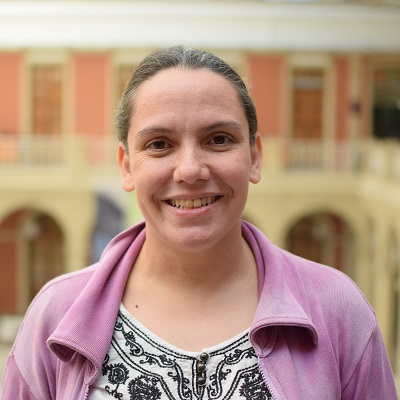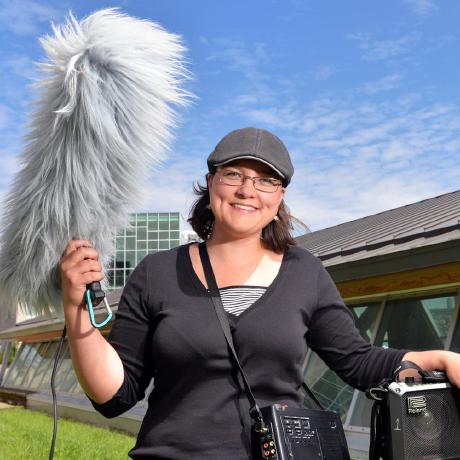All posts (Page 52 of 129)
Tuesday, January 26, 2021
Learn All About HTTP Testing: Book Update
The ‘HTTP testing in R’ book has been updated. Useful for developers of packages interacting with web resources.
Wednesday, January 20, 2021
Introducing the rOpenSci Community Contributing Guide
A guide to finding your path to contributing to rOpenSci
Tuesday, January 19, 2021
Thursday, January 7, 2021
rOpenSci Code of Conduct Annual Review
Updates for version 2.2 of rOpenSci’s Code of Conduct
Thursday, January 7, 2021
rOpenSci 2020 Code of Conduct Transparency Report
No Code of Conduct reports in 2020




